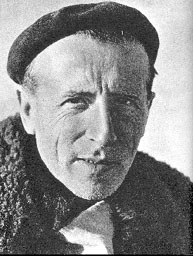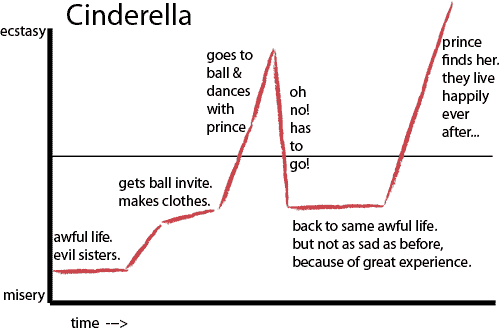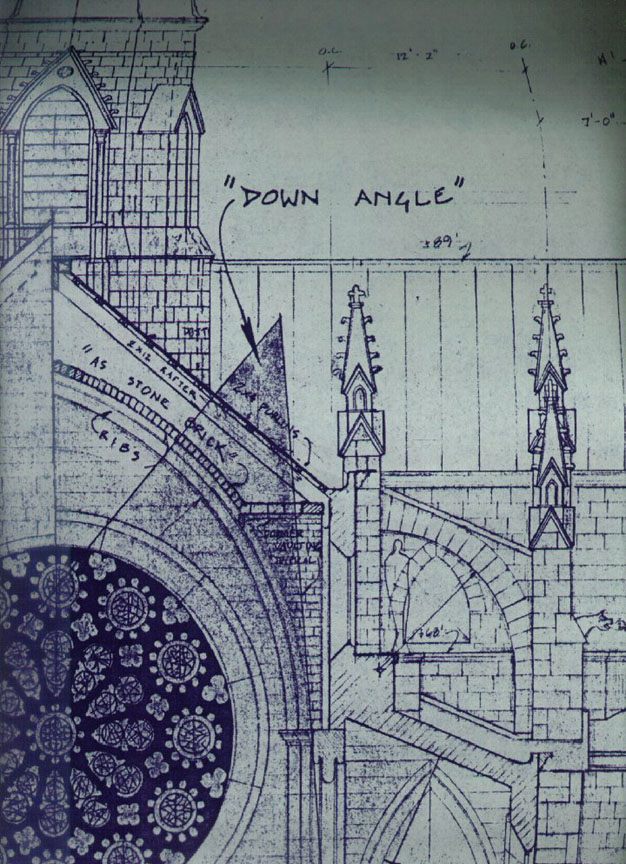Some People Hate Setting Goals.
I was describing
my attempt to re-formulate religion according to participants' goals to a coworker who quickly shot me down by saying, "I don't set goals. I don't like regrets, and no goals means no regrets." I did not manage the conversation very well after that.
I've thought about that statement for a week, and I've finally formulated my response.
It's kinda zen, so breathe deeply and hold on.
Even if you know nothing about zen except what you see in this glossy picture, you probably think it's about removing clutter from life. Congratulations-
as much as zen can ever be defined, it is certainly about removing clutter from life. Clutter comes in many forms: objects, possessions, obsessions, addictions, mindsets, etc. The regret and guilt that is associated with not achieving a goal is a form of clutter that prevents us from living fully, being happy, and doing the things we want to do.
For example, I set a goal of updating the blog three times every week. I really forced some of the posts, and when I read them they feel uninspired. Eventually I missed a week, and the guilt I felt actually prevented me from writing, and it made me irritable at home.
In this case, my goal cluttered my life and blocked me from doing the thing I want to do.
I totally get where my coworker is coming from. As much as I love to outline a monthly agenda, point by point, I admit that goal-setting hasn't always been successful for me. I love to walk aimlessly and appreciate wherever it is I end up. I am well practiced at being happy while washing dishes or commuting to work. And I agree one deeply misunderstands religion when one thinks of it in terms of working towards a set of goals (like the Kingdom of God).
We Just Do It.
But when I say that we use religion to achieve goals, I mean it rather differently.
We use religion to achieve goals in the same way we use breathing to live. Religions - that is, rituals, community, and narratives - have evolved with us as essential tools for humans. We have evolved to work together, so sharing, communicating, and connecting are human goals in the same way that we have evolved to breathe oxygen, therefore breathing oxygen is a human goal.
In the future we can imagine humans breathing more efficiently, using whatever air we have available. We even see humans using technology to breathe better - inhalers, SCUBA, nasal strips, spacewalks. But this goal is not something we can plot out and measure with dates and statistics in the same way I can measure the success of my monthly writing goals. Failing to breathe well or improve our breathing according to plan shouldn't fill us with regret and shame.
Likewise,
in the future I imagine humans getting better at building community. We use technologies to communicate better - phones, satellites, airplanes, internet. But this goal of total loving community (aka the Kingdom of God) is not a goal we can plot and measure. Failing to improve a certain percentage this quarter should not lead to shame and regret that will clutter our future.
Forgiveness is better than self-flagellation.
In summary, what I'd tell my coworker is that we share these particular goals, and that very fact helps us achieve these particular goals. The only penalty for not achieving them isn't regret or shame, it's another day of life as we know it.

 By 2038, I think the way we experience and communicate our faith life will have changed dramatically. I predict that divisions between religious sects will continue to melt away, and people will continue to feel free to shop for whatever communities fill them with the most happiness. As always, I hope that religious organizations will invest in this movement, instead of building thicker walls and spreading divisiveness.
By 2038, I think the way we experience and communicate our faith life will have changed dramatically. I predict that divisions between religious sects will continue to melt away, and people will continue to feel free to shop for whatever communities fill them with the most happiness. As always, I hope that religious organizations will invest in this movement, instead of building thicker walls and spreading divisiveness.














